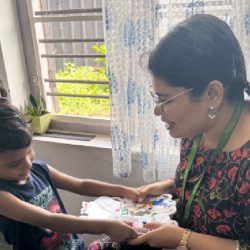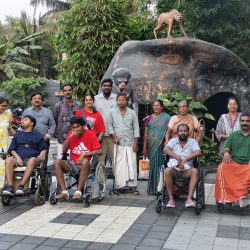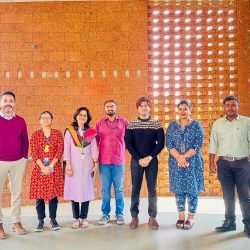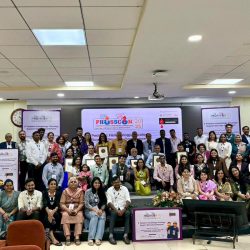Institute of Palliative Medicine (IPM) and Pallium India sign MoU
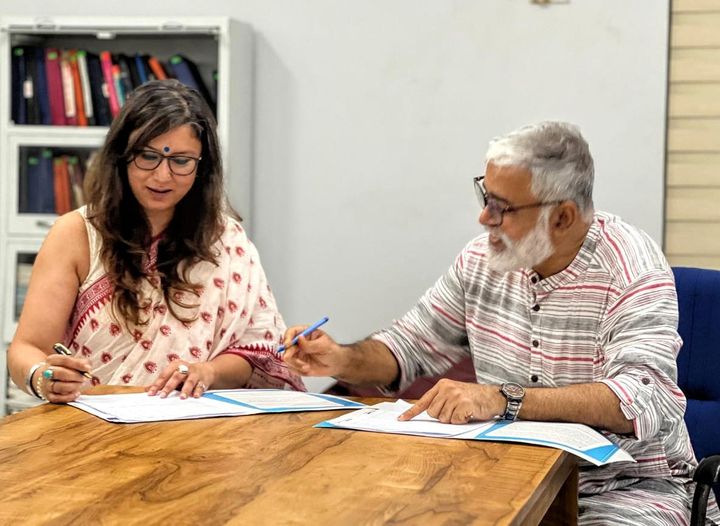
For individuals with chronic, advanced, or serious conditions, the illness affects not just their physical health but also profoundly influences their daily lives and those of their loved ones, and can tear apart the fabric of their existence.
Curative interventions are best supported by palliative measures from the time of diagnosis, but that rarely happens, and families often experience unnecessary suffering while being driven to impoverishment by financial toxicity.
In a historic milestone for palliative care development in the region, two WHO Collaborating Centres that have worked in parallel for over a decade have joined hands to improve access to pain management and palliative care in India and the Southeast Asia Region.
The Institute of Palliative Medicine (IPM) and Pallium India have been deeply invested in the development and integration of palliative care in the country at all levels.
IPM is WHO Collaborating Centre for Building Country Capacity in Palliative Care and Long-Term Care. Pallium India’s flagship demonstration program – the Trivandrum Institute of Palliative Sciences (TIPS) is a WHO Collaborating Centre for Training and Policy on Access to Pain Relief.
Community-based palliative care has its roots in Kozhikode, Kerala.
The WHOCCs, represented by their Heads – Dr. Suresh Kumar (IPM) and Ms. Smriti Rana (TIPS) – have signed an MoU through which the two pioneering organisations of palliative care in India will come together to work in areas of mutual interest at the organisational, national, and regional levels.
It is estimated that there are about 7 million people in need of palliative care In India. Less than 4% of those who need palliative care have access to it.
It is also estimated there may be up to 15 million people living with moderate to severe pain in the South East Asia Region.
This is a multi-faceted problem requiring a multipronged approach.
The partnership between these two organisations symbolises a growing collaborative network amongst key providers at the country and regional levels to collectively reduce the burden of illness- related suffering.


